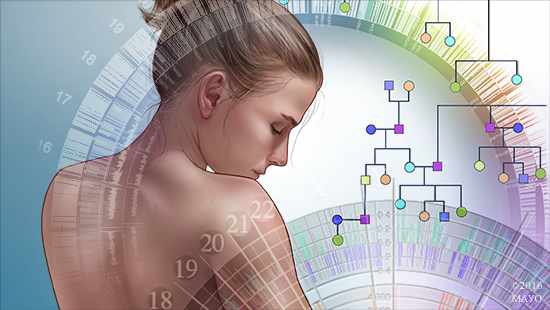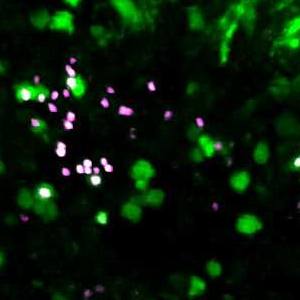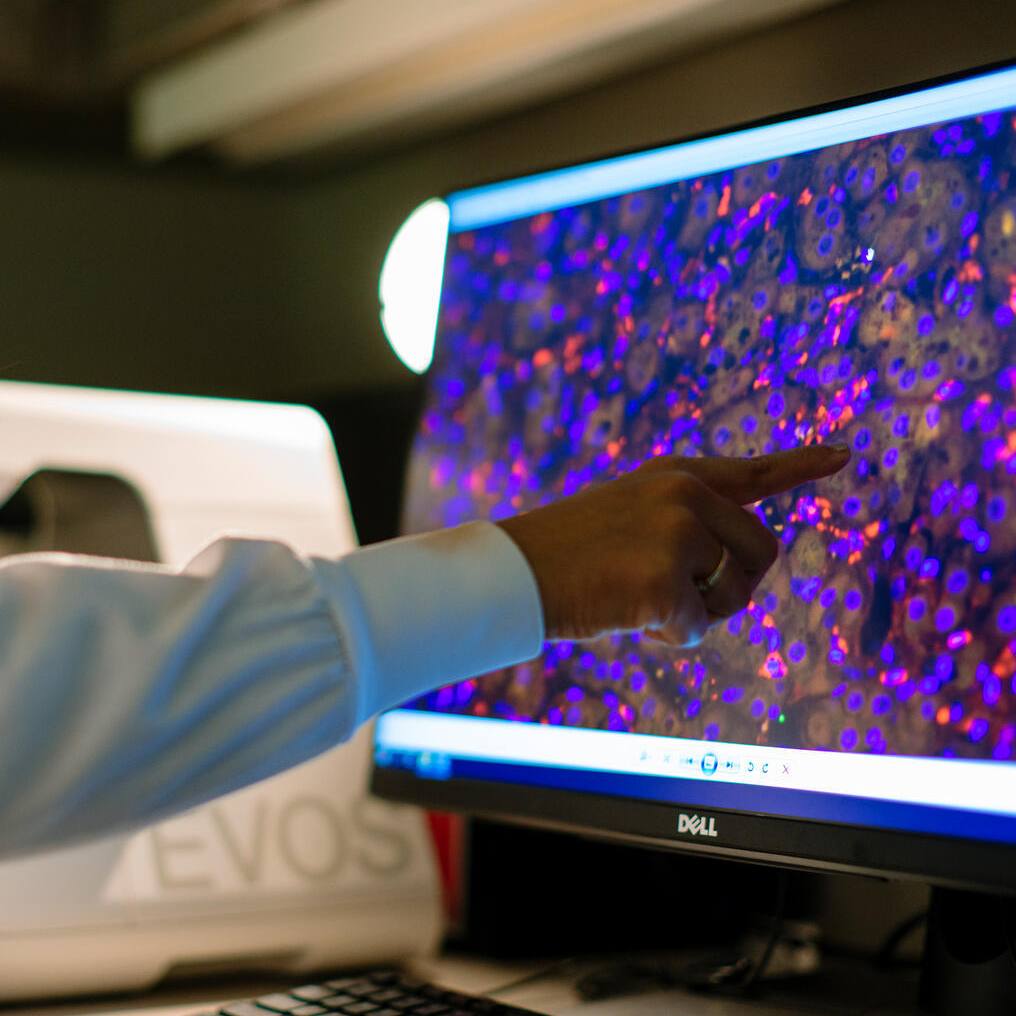-
Mayo Clinic researchers refine genes responsible for breast cancer development
 ROCHESTER, Minn. — Mayo Clinic researchers have refined a panel of genes they believe play a role in the development of breast cancer. The researchers say they hope their efforts eventually will help physicians more accurately identify which women may benefit from enhanced breast cancer screening. Their findings are published in JAMA Oncology.
ROCHESTER, Minn. — Mayo Clinic researchers have refined a panel of genes they believe play a role in the development of breast cancer. The researchers say they hope their efforts eventually will help physicians more accurately identify which women may benefit from enhanced breast cancer screening. Their findings are published in JAMA Oncology.
"Many of the genes on commercial hereditary cancer clinical genetic testing panels do not have defined roles in breast cancer," says Fergus Couch, Ph.D., a geneticist at Mayo Clinic and lead author of the study. "The involvement of several of the genes in breast cancer susceptibility has not been determined. And for other genes we do not have accurate estimates of the risk level."
Using a large clinical testing data set from Ambry Genetics, Dr. Couch and his colleagues sought to define the genes involved in breast cancer and provide estimates of cancer risk for each of the genes that predispose a patient to breast cancer.
"We were able to confirm that genes, including BRCA1, BRCA2, CHEK2, ATM and PALB2, play a role in breast cancer development, which was not surprising,” says Dr. Couch. "We also unexpectedly found that the BARD1, RAD51D and MSH6 genes convey a moderate risk for breast cancer development."
Dr. Couch and his colleagues also ruled out several genes as breast cancer genes, including RAD50 and MRE11A. He says these genes previously had been thought to play a role in breast cancer development, so it was a surprise to find that they were not involved.
"The new data will need to be considered by the National Comprehensive Cancer Network, which provides guidelines for clinical management of individuals with mutations in cancer predisposition genes," says Dr. Couch. "The results will also be useful for identifying members of families who are at increased risk of breast cancer."
Dr. Couch has no relevant financial disclosures.
###
About Mayo Clinic Cancer Center
As a leading institution funded by the National Cancer Institute, Mayo Clinic Cancer Center conducts basic, clinical and population science research, translating discoveries into improved methods for prevention, diagnosis, prognosis and therapy. For information on cancer clinical trials, call the Clinical Trial Referral Office at 1-855-776-0015 (toll-free).
About Mayo Clinic
Mayo Clinic is a nonprofit organization committed to clinical practice, education and research, providing expert, whole-person care to everyone who needs healing. For more information, visit mayoclinic.org/about-mayo-clinic or newsnetwork.mayoclinic.org.
MEDIA CONTACT
Joe Dangor, Mayo Clinic Public Affairs, 507-284-5005, newsbureau@mayo.edu







